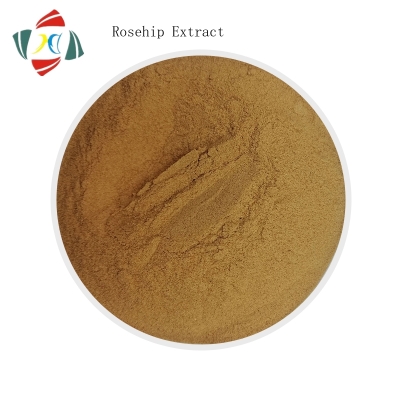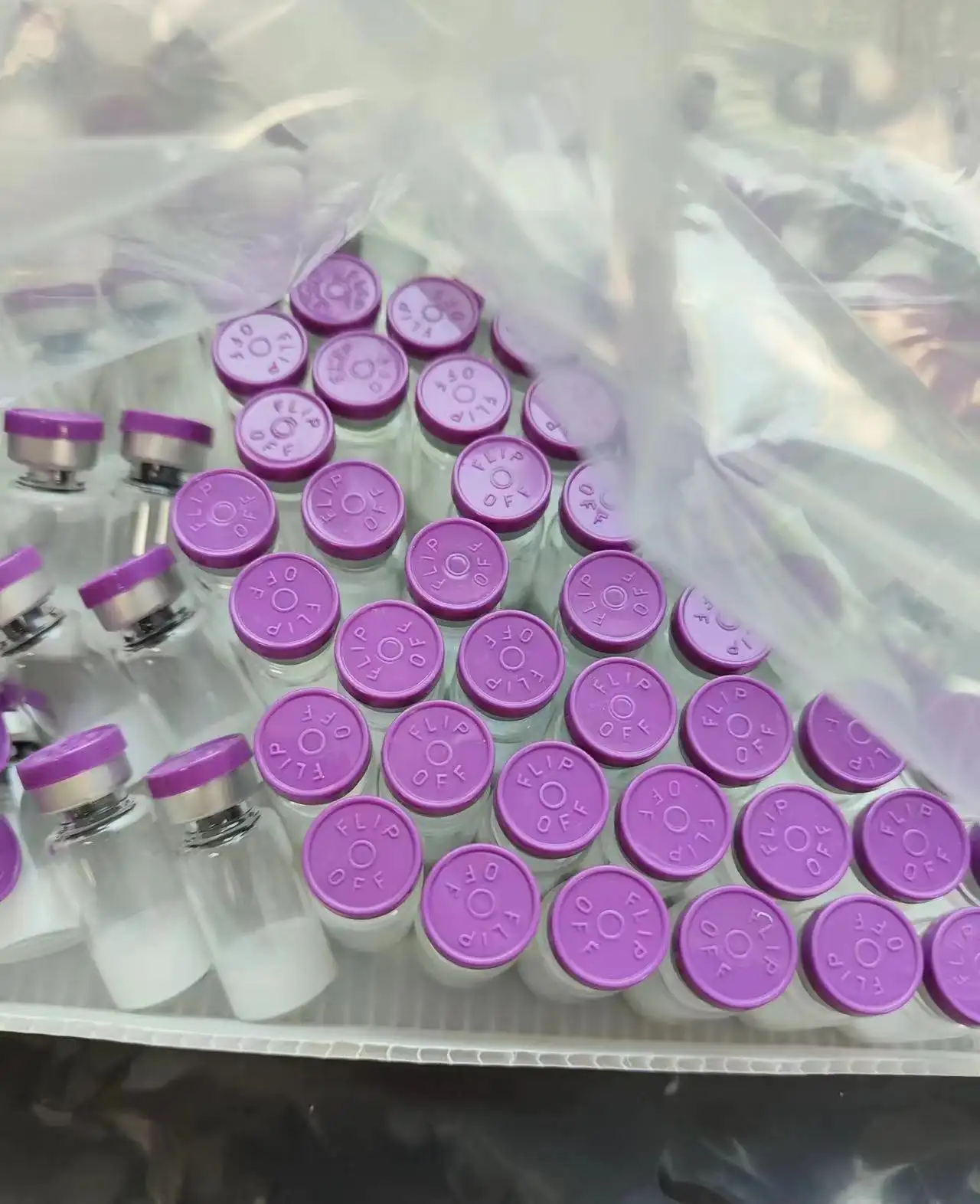-
Categories
-
Pharmaceutical Intermediates
-
Active Pharmaceutical Ingredients
-
Food Additives
- Industrial Coatings
- Agrochemicals
- Dyes and Pigments
- Surfactant
- Flavors and Fragrances
- Chemical Reagents
- Catalyst and Auxiliary
- Natural Products
- Inorganic Chemistry
-
Organic Chemistry
-
Biochemical Engineering
- Analytical Chemistry
- Cosmetic Ingredient
-
Pharmaceutical Intermediates
Promotion
ECHEMI Mall
Wholesale
Weekly Price
Exhibition
News
-
Trade Service
FEBRUARY 9, 2021 // -- In a recent study published in the international journal JCI Insight, scientists from the University of Pennsylvania and others found that inflammation in the blood may be used as a new biomarker to help identify patients with malignant pancreatic cancer who do not respond to the immunostimulation drug CD40 agonists.
We all know that pancreatic cancer induces systematic research, which can be detected in the blood, and the researchers found that patients with systemic inflammation tended to have lower overall survival rates than non-inflammatory patients when treated with CD40 agonists and chemotherapy drug giscitham.
CD40 astrologists are designed to boost the immune system by activating antigen-presenting cells, such as degenerative cells, to prepare T-cells and enhance the activity of anti-tumor macrophages;
today, identifying systemic inflammation as a drug-resistant mechanism may help guide therapies' decision-making and further research to provide a target for the development of new therapies.
Photo Source: MAX M. Wattenberg, M.D., CC0 Public Domain, says CD40 is a very exciting target, especially in pancreatic cancer, where excitable monoclonal antibodies show a variety of promising effects, but we know that these excitants still face obstacles in some patients where the drug does not work as expected.
researchers have identified not only a potentially powerful biomarker, but also an important role in the immune system that has not been observed before, activating a mechanism for drug resistance.
Pancreatic catheter cancer (PDAC), the most common cause of cancer death in the United States, accounts for more than 7 percent of all cancer deaths and only 10 percent of patients survive for five years, despite progressing to about 3 percent of new cases. In the
article, the researchers analyzed blood samples from 22 PDAC patients to clarify the immunological mechanisms in the body after receiving chemotherapy immunotherapy, and over an eight-day period observed a decrease in B-cells, monocytes and dendrogen cells in most patients' bodies and the activation of CD4-T cells;
these findings challenge preclinical studies that show a link between T-cell activation caused by CD40 agonists and patient outcomes.
In contrast, the overall outcome of survival was directly related to measurable characteristics (systemic inflammation) in the patient's blood before treatment; This is also a known symptom of pancreatic cancer and other types of cancer; the researchers noted that the median lifetime of patients with systemic inflammation before the use of CD40 agonists and giscitals was 5.8 months, compared with 12.3 months for patients without inflammation.
results suggest that gicytapon therapy may eliminate monocytes and degenerative cells, which are the basis for promoting T-cell immune responses, and previously researchers have shown that CD40 astigors promote PDAC sensitivity to giscital therapy, so T-cells may not always be needed for successful outcomes when treated with CD40 astigocytic combination chemotherapy.
findings support the fact that inflammation appears to put the immune system at a disadvantage, blocking the proper functioning of immunotherapy, said Gregory L. Beatty, a researcher at the University of London.
The next step is for researchers who are interested in further studying how CD40 astigors can be paired with T-cell immune responses, so they are looking at combinations that can help reduce inflammatory response suppression, as well as finding immune system components that can induce T-cell responses.
() Original source: Max M. Wattenberg, Veronica M. Herrera, Michael A. Giannone, et al. Systemic inflammation is a determinant of outcomes to CD40 agonist-based therapy in pancreatic cancer patients. JCI Insight (2021) DOI:10.1172/jci.insight.145389







